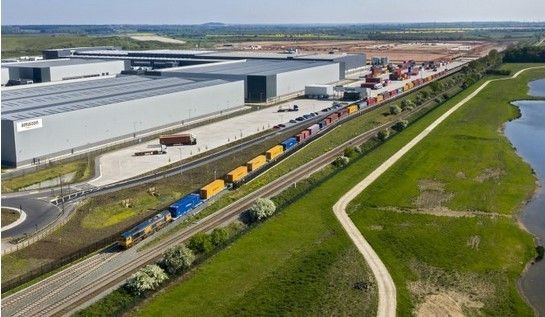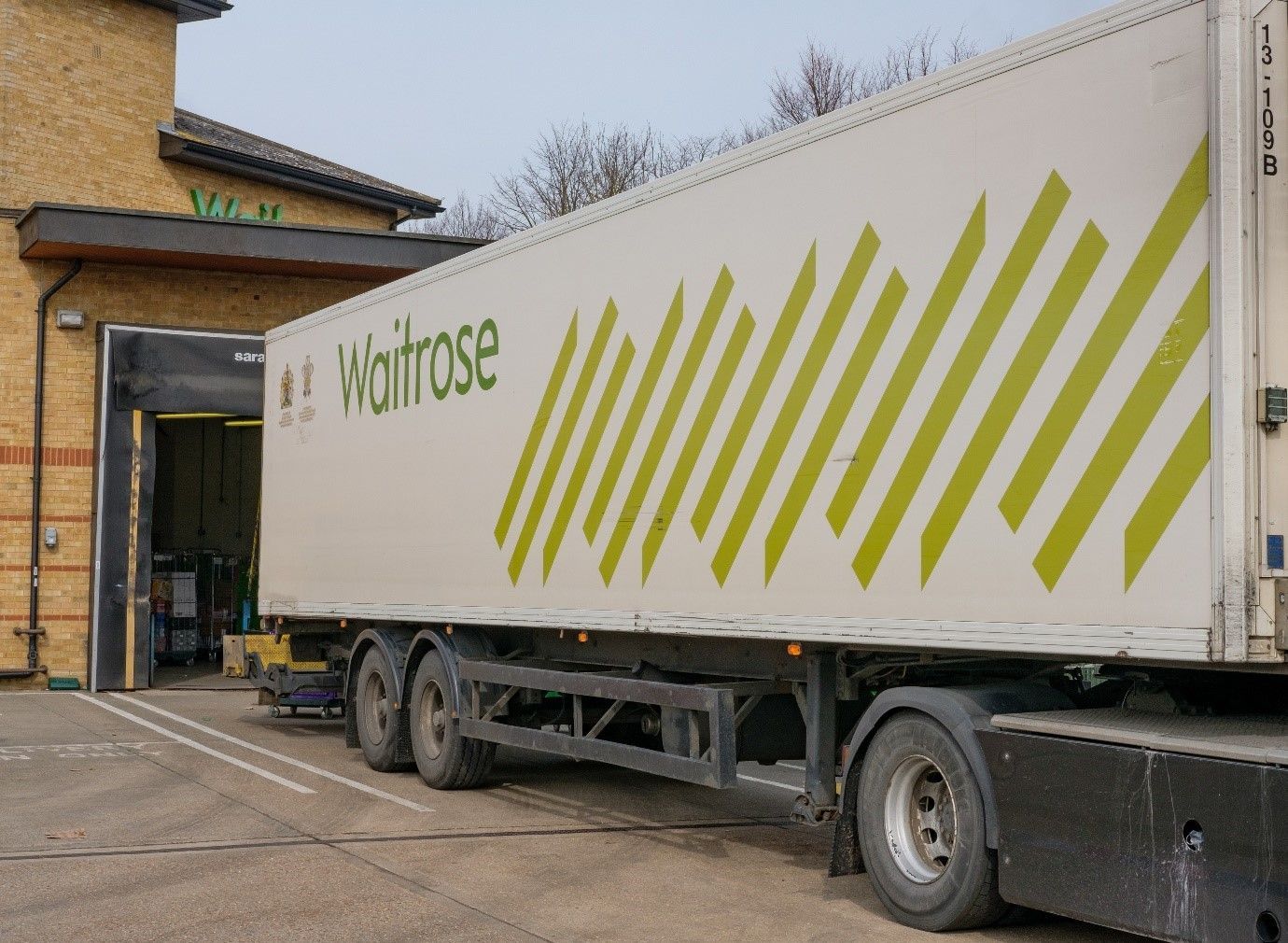
While the Chancellor of the Exchequer introduced a distance-based tax for electric cars – but not for HGVs or LGVs – in the 2025 Budget, the freight industry regards the eventual introduction of a road pricing scheme for HGVs as being inevitable. Based on modelling of freight transport flows in Great Britain, what could the impact of such a scheme be?
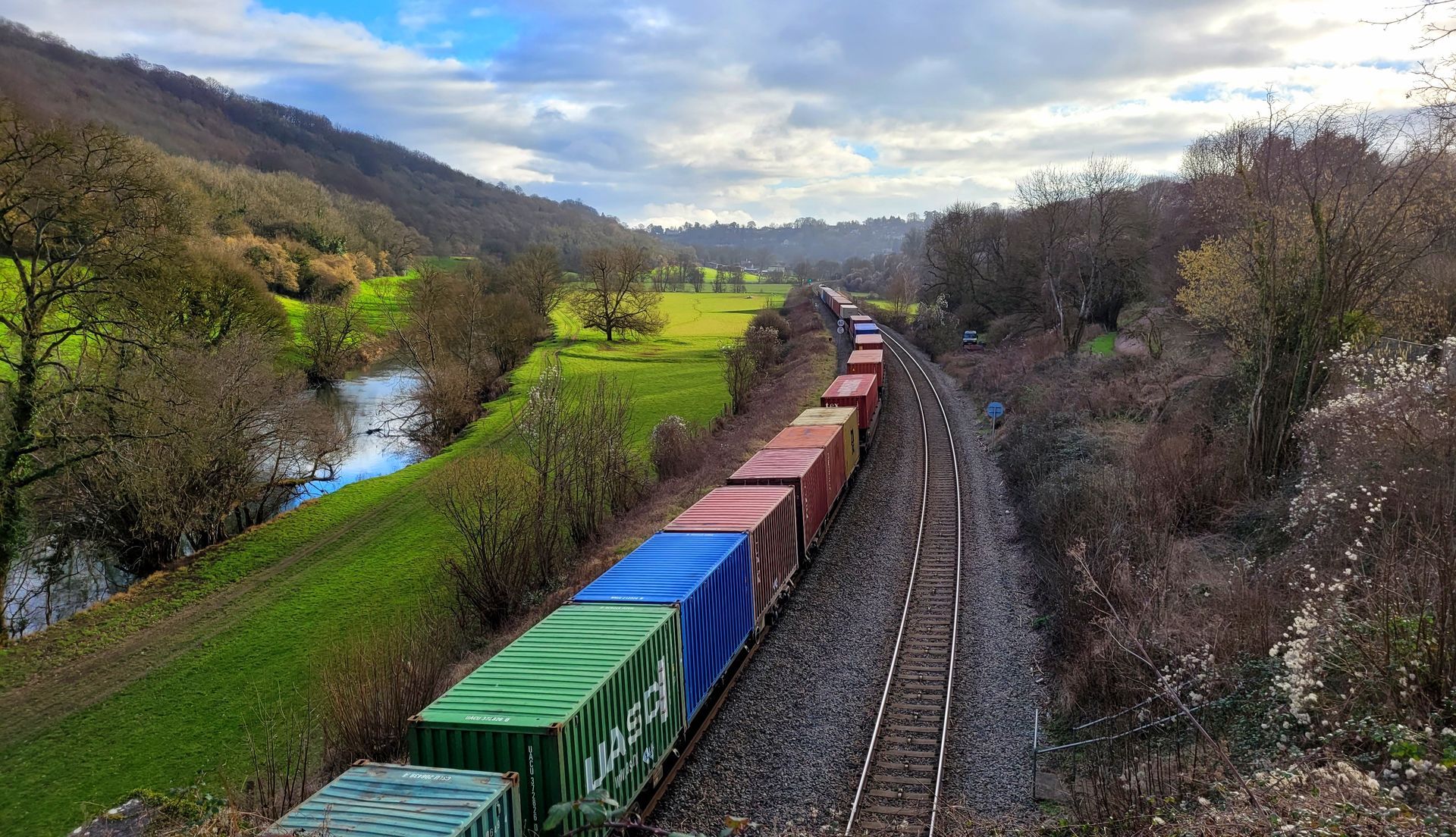
To support long-term strategic planning and investment in the UK rail freight sector, the Great British Railways Transition Team (GBR-TT) commissioned MDS Transmodal to produce detailed forecasts of future rail freight demand for the years 2040/41 and 2050/51. This analysis provides a scenario-based outlook on how evolving market conditions and policy decisions could shape the trajectory of rail freight over the coming decades.
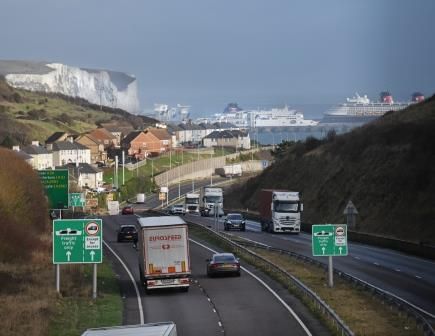
As the UK edges closer to the 2025 Budget, the fiscal landscape is dominated by a looming £25 billion deficit. With Fuel Duty forecast to decline in relative and absolute importance over the next 10-15 years, could road pricing for road freight transport be a potential new source of tax revenue for the Treasury?
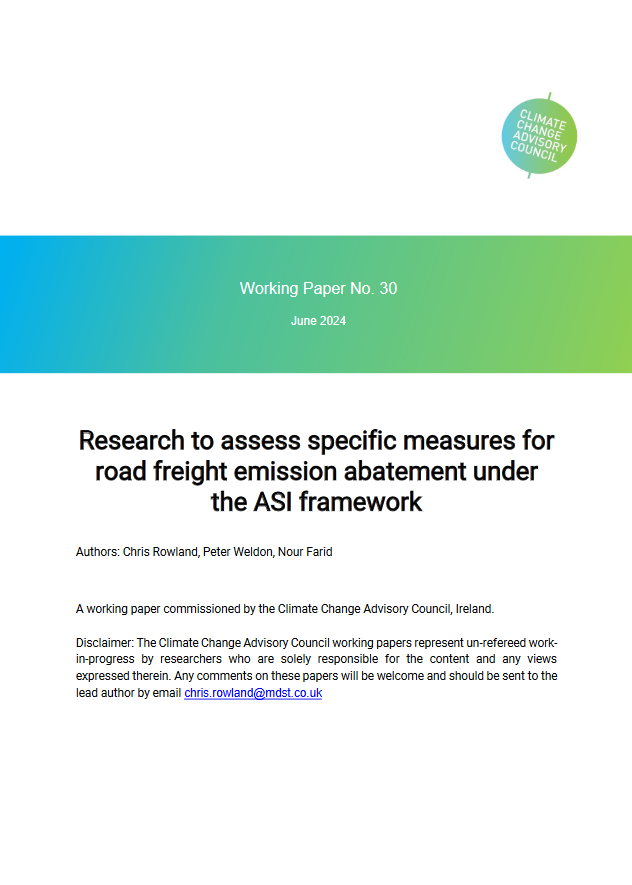
The Climate Change Advisory Council (CCAC) in Ireland commissioned MDS Transmodal, in partnership with SYSTRA, to carry out research on how Ireland could reduce its carbon emissions by 2030 from the road haulage sector. Road haulage is regarded as one of the more ‘difficult to decarbonise’ sectors of the transport industry.
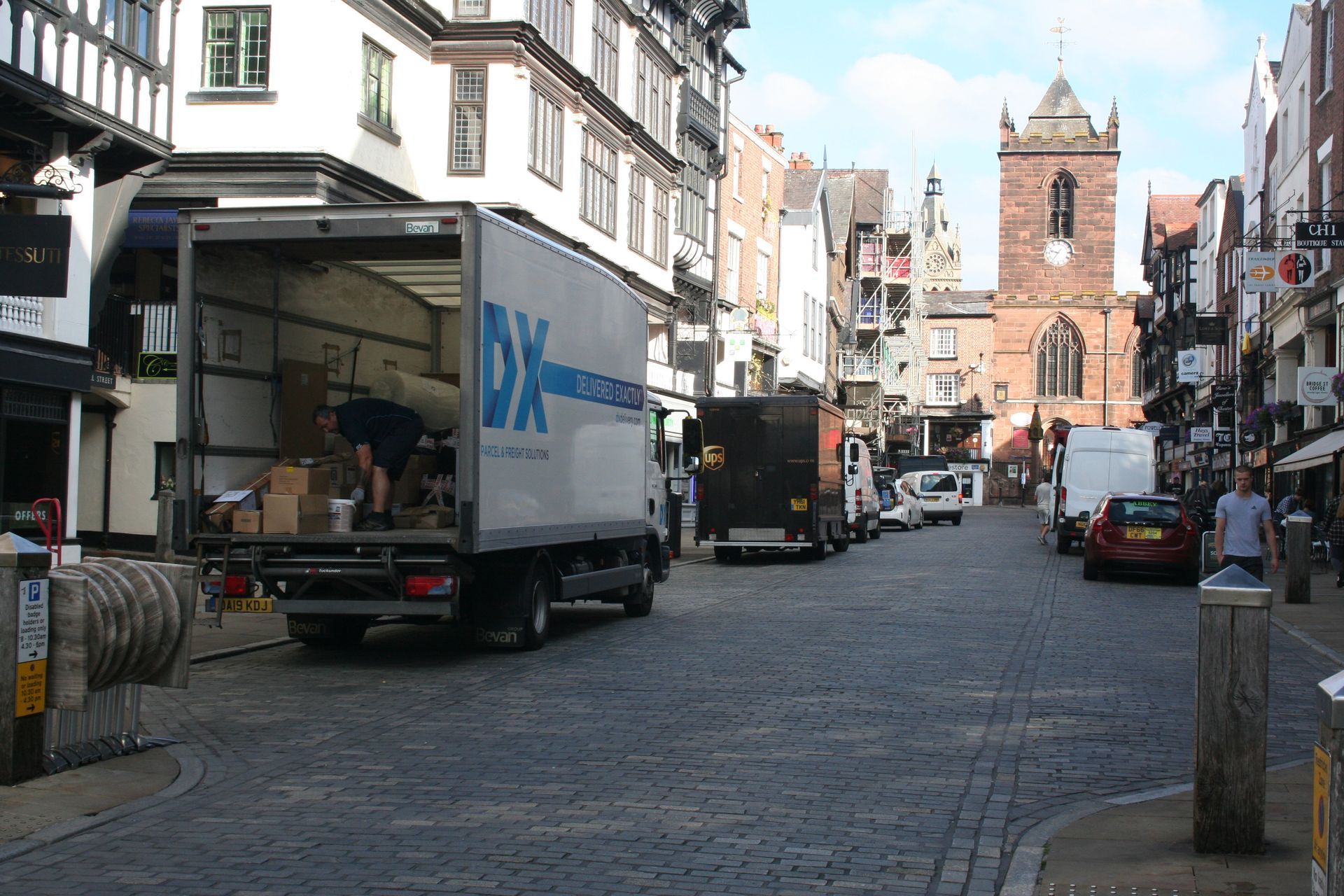
As part of developing a freight strategy for Chester City Centre, MDS Transmodal (MDST) carried out a survey of businesses with the support of the Chester Business Improvement District (BID) as well as Cheshire West and Chester Council. This provided information on the delivery of freight and the collection of both freight and waste for businesses within and outside the city centre pedestrianised area. Results indicate that freight deliveries and collections present no major issues to businesses, perhaps because the businesses and their logistics providers have adapted to the existence of bans on deliveries in the middle of the day as the pedestrianised area has been in place since the 1970s. That being said, some concerns exist regarding short-term congestion early in the morning and receiving parking tickets for delivery vehicles due to a lack of suitable locations to park.

While the UK’s Office of Budget Responsibility has confirmed that “Brexit has had a significant adverse impact on UK trade…”, the North Sea RORO corridor seems to have enjoyed a Brexit dividend since 2016. Trade transported between Great Britain and the European continental mainland has gradually been shifting away from accompanied HGVs on the Short Straits to unaccompanied trailers on the North Sea since the Brexit Referendum in 2016. Quarterly RORO data published by the UK Department for Transport (DfT) shows that the unaccompanied RORO share has reached 39% of the market in Q3 2022 compared to only 30% in Q3 2016.
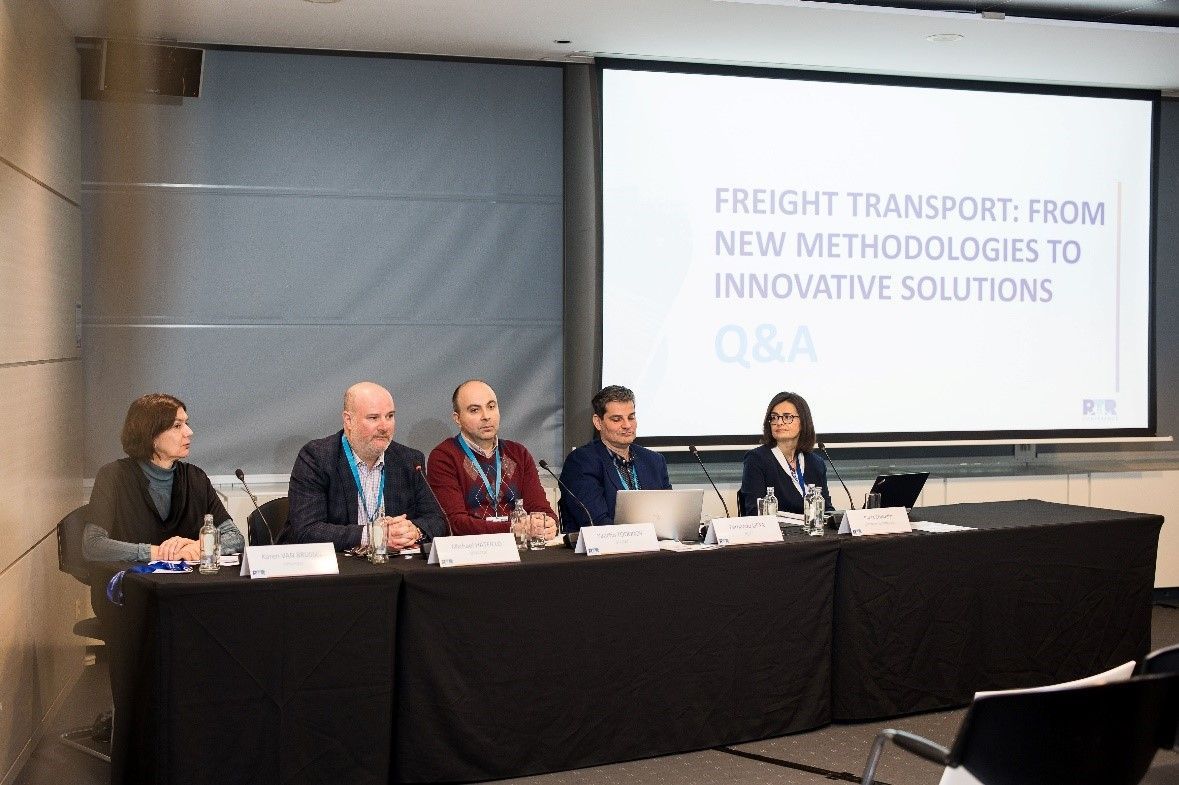
MDS Transmodal presented emerging results from the SENATOR project at the RTR Conference 2023 in Brussels (14 – 16 February, www.rtrconference.eu ). The conference, held annually, showcases road transport research projects (and their key outputs) that have been funded through the EU’s Horizon 2020 scheme. Attendees were a mixture of academic researchers, consultants, policy makers and commercial partners from across Europe. MDS Transmodal (MDST) was invited to present the Horizon-funded SENATOR project ( www.senatorproject.eu ) at a dedicated freight and logistics session (Session 11, which can be viewed here: www.youtube.com/watch?v=5-yW-7mQjcI&list=PLk2F4MbGviSEkY3CQFpDRJUMH9eRnirnx ).
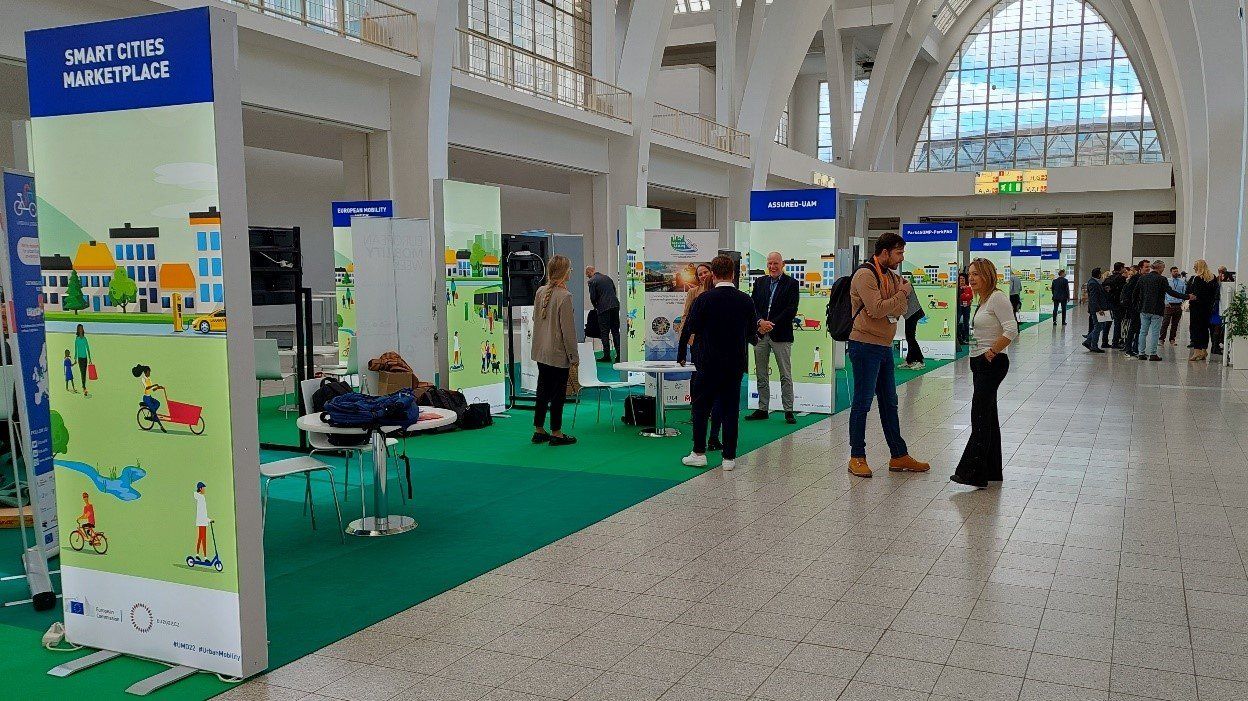
On 21 and 22 September, MDS Transmodal (MDST) attended the Urban Mobility Days 2022 conference and exhibition in Brno (Czech Republic). Sponsored by the European Commission, the Urban Mobility Days (UMD) conference provides a forum for policy makers, planners and operators to discuss issues associated with sustainable urban transport in Europe. MDST, one of the consortium partners of the SENATOR project ( www.senatorproject.eu ) attended principally to represent the EU-funded project. SENATOR developing a digital support tool for decision making, integration and planning of urban logistics operations. MDST presented a short description of the project at the ’10 pitches’ plenary session ( www.twitter.com/SenatorProject/status/1572882825615114242 ). Naturally, most of the focus at the plenary sessions and wider general discussion around the exhibition hall concerned passenger transport. However, urban logistics issues were very much on display, including a dedicated plenary session presenting ideas and solutions from a number of cities across Europe. The SENATOR exhibition stand also attracted a number of visitors. A number of key issues/themes emerged which are currently informing thinking and potential solutions in the urban logistics environment. These included: The growth of e-commerce and its consequent impact on the nature of delivery operations in urban areas (parcels, light vans etc..); Urban centres needing to re-invent themselves – covering a new retail offer (to challenge e-commerce), being destinations for other activities (leisure, events etc..) and places to live (including sustainable and social housing); The ability to deliver freight and remove waste efficiently must be retained (or even enhanced); Urban re-invention must include creating attractive environments, including road vehicle free spaces; and The need to decarbonise the supply chain, including the use of alternative delivery solutions such as e-cargo bikes.

